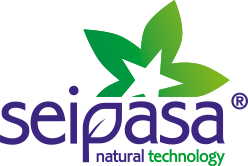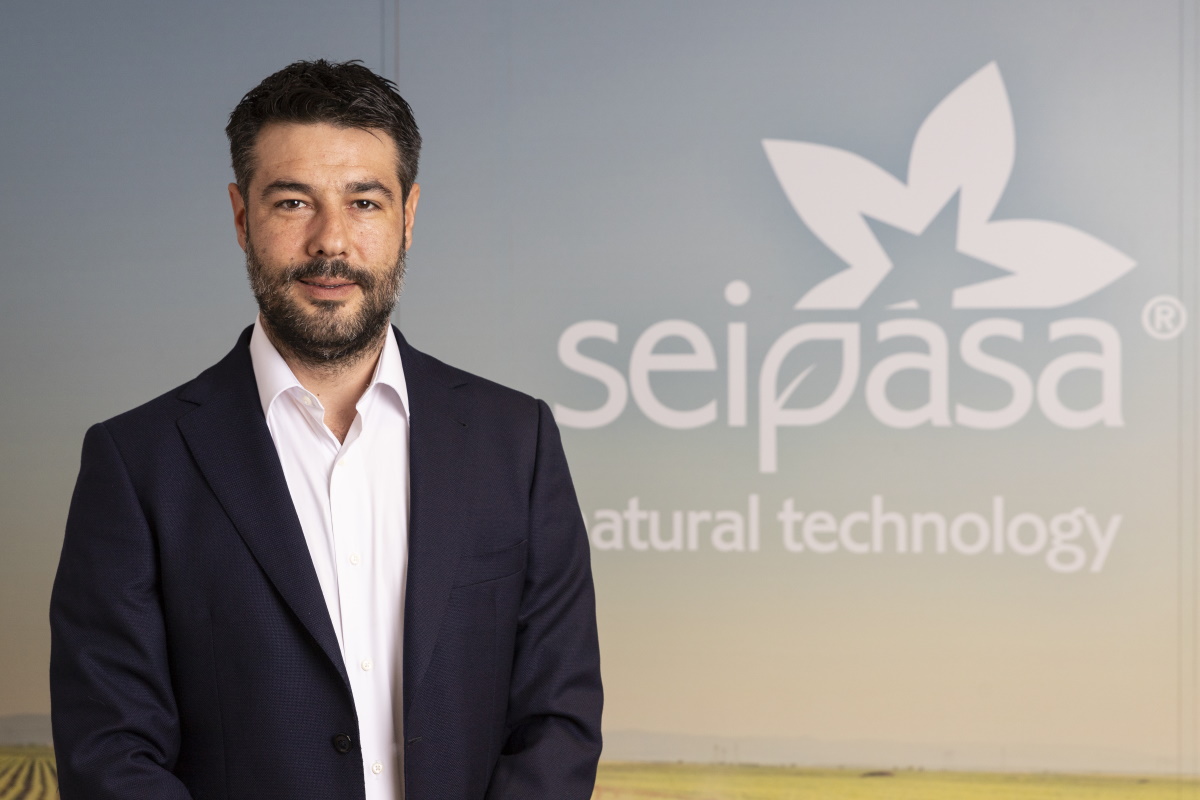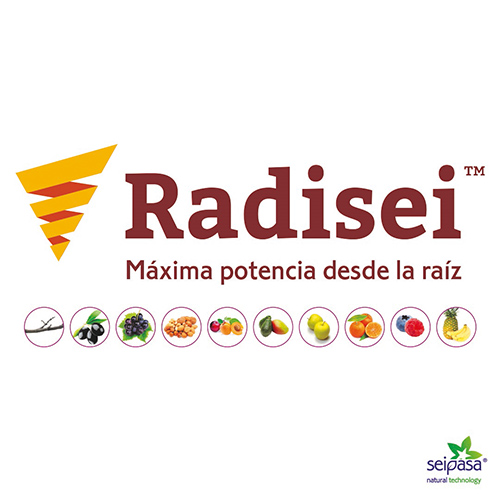If you had to define Radisei in just one word, what would it be?
Radisei is comprehensive, in the sense being a global product. The root system is the plant's central motor; it activates plant mechanisms, as well as ensuring the plant’s proper establishment in the soil and its interaction with the medium or source of nutrients. Radisei, via its numerous interactions with the root system, is capable of triggering and producing a whole range of different, complementary effects in crops. Hence the emphasis on the concept of "comprehensive".
It is developed from an exclusive Bacillus subtilis strain. What does it contribute to the product?
It provides a differential value. The product has a very high-quality organic matrix that stimulates the crop and root system but, above all, it facilitates microorganism establishment and colonisation. Our exclusive Bacillus subtilis is the at the core of the product and is responsible for its live interaction with the crop. Radisei, far from being a static product, is highly dynamic, it communicates with the plant's roots, engaging with them and colonising spaces. Radisei produces very useful secondary metabolites from the point of view of nutrient absorption, enhancing effective use of these nutrients, and the gene expression of highly beneficial crop reactions as well as numerous responses that are generated by the action of our powerful microorganism.
Does the use of microorganisms herald a new generation of products for agriculture?
To a certain extent I would say, yes, that is true, especially given our increased know-how and the new techniques available which have enabled the worldwide industry to advance rapidly in this field. Microorganisms have been used in agriculture for many years, but it is only now that producers have greater knowledge of this type of products. Their uses, advantages and benefits are increasingly well-known.
All of the players in the agro-food chain are putting forward arguments and reasons for a more widespread use of these products. The market segment for biostimulation or biocontrol products is gaining in presence and now offers greater quality and specificity. In this respect the use of microorganisms certainly provides a differential edge over other types of products.
If you had just 1 minute to persuade a producer to use Radisei, what would you say?
I would recommend trying it. Radisei is a highly visual product. It acts very quickly in bringing about crop improvements. Radisei works via the root system and shows the state of the crop in its fruit, leaves or flowers. If producers try Radisei, that alone will convince them of its numerous benefits.
At which stage in crop development should it be applied?
Radisei is a very versatile product so that it all depends on what you are aiming for. At the transplanting stage when it is important for plants to take quickly, Radisei ensures faster, more reliable, more secure establishment of plants. It also enhances the early onset of production, precisely because of the stimulation it provides for crops. After situations of stress caused by drought or high temperatures, Radisei is a product that acts to reverse the damaging effects of stress.
For example, in the case of fruit trees, Radisei should be used extensively after harvesting, to help trees accumulate reserves for the next campaign. In these conditions, when crops need support to enhance their absorption of nutrients, to improve their adaptability to abiotic stress or to maintain high levels of yields, Radisei is an essential aid.
What crops is it intended for?
Radisei is a root biostimulant registered with the Spanish Ministry of Agriculture, Fisheries and Food. Initially it is intended for woody crops. That is, stone and pip fruit trees, almond trees, vines, table grapes, olive trees, blueberries, banana trees, citrus fruits, tropical fruits, and kiwis. However, in other countries trials and evaluations have been carried out and it is also being used for vegetable crops. Radisei is aimed at all types of crops although initially, as its label shows, it is for woody crops.




